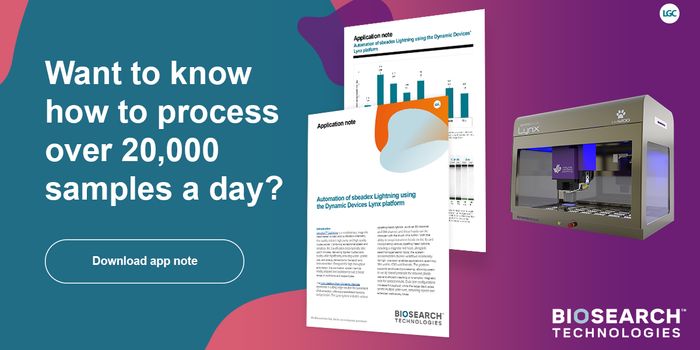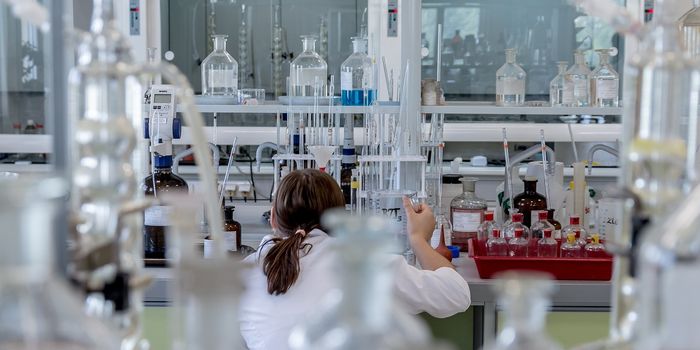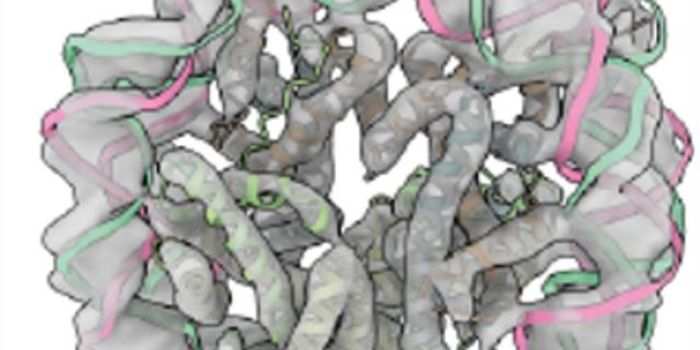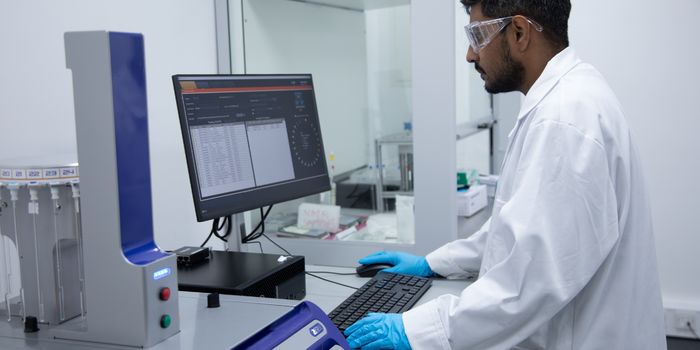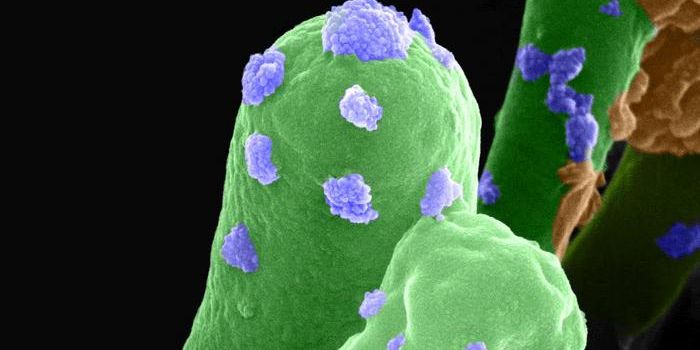'Nanomagnetic' computing can provide low-energy artificial intelligence
Science fiction has warned us time and time again that creating artificial intelligence (AI) will bring about our doom. We think we have everything under control until our mechanical servants finally get tired of our shenanigans and wipe us out or plug us into the Matrix. We know the outcome, we’re smart enough to know not to play God, but we just can’t help ourselves. Maybe humans are just naturally masochistic, but who knows? But before our robot servants undoubtedly rebel, we’re going to keep seeing how far we can push the envelope.
In a study published in Nature Nanotechnology, researchers have shown it is possible to perform artificial intelligence using tiny nanomagnets that interact like neurons in the brain. The international team have produced the first proof that networks of nanomagnets can be used to perform AI-like processing. The researchers showed nanomagnets can be used for 'time-series prediction' tasks, such as predicting and regulating insulin levels in diabetic patients. In other words, we can now try to artificially create a human brain. Raise your hand if you’ve seen this movie before because this is how it literally starts. Hands down, please.
We silly humans use artificial intelligence in a variety of ways today, ranging from voice recognition to self-driving cars. But these simple tasks still take a lot of energy to do. For example, training AI to solve a Rubik’s cube took the energy equivalent of two nuclear power stations running for an hour. Ironic, since robots will likely nuke us, someday. This new technique using nanomagnets requires far less energy and could make nanomagnetic computing up to 100,000 times more efficient than conventional computing.
This research is clearly pushing AI to the edge and humanity closer to Judgment Day. Before we’re all wiped off the face of the planet, the team hopes that eventually magnetic systems could be integrated into conventional computers to improve energy efficiency for intense processing tasks.
Humanity is doomed, and robots will someday become the masters. But in the meantime, advancements in artificial intelligence are undoubtedly making our lives easier.
As always, keep doing science & keep looking up!
Sources: Nature Nanotechnology


